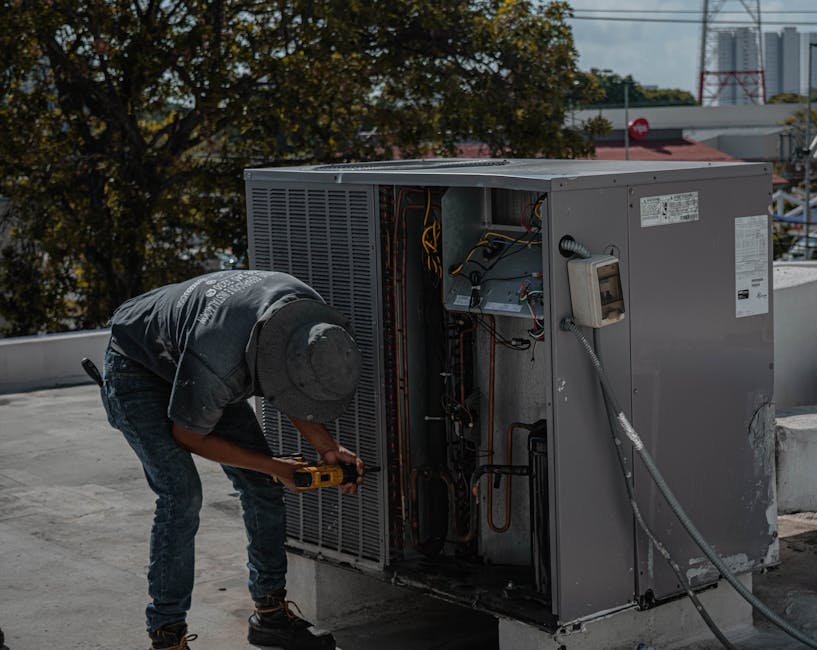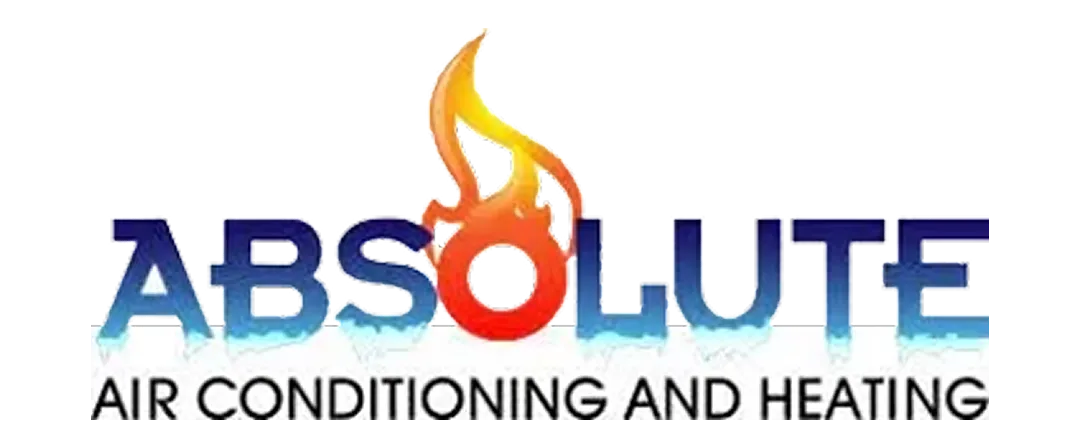
5 Signs Your Heat Pump Needs Professional Attention in Palm Desert
Palm Desert homes rely heavily on heat pumps to provide both cooling in warmer months and heating as temperatures dip. That dual function means the system runs often, and small issues can grow quickly if left unnoticed. Spotting early warning signs is the key to keeping things working smoothly. If your heat pump isn’t performing the way it used to, there's likely an underlying issue that needs attention.Catching problems early doesn’t just protect the equipment. It helps keep utility bills in check and avoids uncomfortable surprises during heatwaves or chilly mornings. Ignoring symptoms like inconsistent temperatures or strange sounds may lead to costly repairs later on. Knowing what signs to look for allows homeowners in Palm Desert to act fast and prevent bigger system failures.
Inconsistent Heating or Cooling
One of the clearest signs something is wrong is when your home doesn’t stay evenly comfortable. You might notice one room feels perfectly fine while another stays warm or cold no matter how long the system runs. If the heat pump isn’t distributing air the way it should, it’s time to get it checked.This uneven performance can come from a few different sources:- Leaking refrigerant can cause the system to lose its ability to transfer heat effectively- A thermostat that’s out of calibration or placed in a poor location might send the wrong signals to the unit- Blocked vents or dirty filters can restrict airflow, making some parts of the house feel left outAn example: a homeowner in Palm Desert complained that their main living area was always colder than the bedrooms. Technicians found that a combination of disconnected ductwork and a thermostat exposed to direct sunlight was throwing off the whole system’s operation. Once those were fixed, temperature differences evened out across the home.When changes like this show up suddenly or continue without reason, it is best to bring in professionals to assess what is going on.
Unusual Noises
Heat pumps are generally quiet. When new sounds start up—whether it is buzzing, grinding, rattling, or squealing—it is worth paying attention. This kind of noise doesn’t just happen out of the blue. It usually means something inside the system is wearing out or coming loose.Here are a few things those sounds could point to:- Grinding sounds could mean motor bearings are worn down- Rattling might indicate a screw or panel has come loose during use- Squealing often signals a failing belt or motor fanEarly action can prevent these mechanical issues from getting worse. If a component comes completely loose or fails, it could damage other parts of the unit. Many Palm Desert homeowners wait until the noise becomes unbearable. But unusual sounds are a sign your system is trying to tell you something is off.
Frequent Cycling
Frequent cycling means your heat pump turns on and off more often than it should. This pattern puts stress on the system and wears down parts faster than necessary. It also disrupts the comfort level in your home, since the unit doesn’t stay on long enough to maintain even temperatures.Several common problems can cause short cycling:1. A thermostat that’s either failing or improperly set up2. An oversized or undersized heat pump that can't regulate room temperature correctly3. Blocked air filters or vents restricting proper airflow4. Sensors that aren't reading room temperature accuratelyWhen a heat pump short cycles, it works harder without delivering results. Homes in Palm Desert exposed to outdoor dust and sand are especially prone to clogged filters, which contribute to this issue. If your unit keeps powering down and restarting in short bursts, it is a sign that deeper diagnostics are needed to protect the system's life span and improve overall performance.
Increased Energy Bills
When energy bills start climbing for no clear reason, the heat pump may be the cause. A system that once kept your Palm Desert home comfortable at a consistent cost can become inefficient with age or wear. If its components are not working the way they should, the unit has to work longer and harder to meet the thermostat setting.Several issues can drive up energy usage:- Dirty air filters that restrict airflow and overwork the system- Duct leaks that force the unit to run longer to meet temperature demands- Failing motors, compressors, or electrical components that reduce system efficiency- Incorrect thermostat settings causing the system to overcompensateSometimes the jump in energy cost is gradual. Other times, it happens quickly after a mechanical component begins to fail. For example, one Palm Desert homeowner noticed their summer electric bill was higher than usual, even though thermostat settings hadn’t changed. Technicians discovered that the fan motor was operating inconsistently, which caused longer heating and cooling cycles. Once replaced, energy usage steadied again.If bills increase and your home’s temperature doesn’t feel any different, there is likely a problem that needs repair. Let trained technicians take a look before the system runs itself into a larger issue.
Reduced Airflow from Vents
Weak airflow coming from vents is another clear indicator that something might be wrong with the heat pump system. You may notice the air feels cool or warm, but it is barely moving across the room. This reduced airflow makes it harder to keep your entire home at a steady temperature and forces the heat pump to run longer to try to compensate.Common causes of reduced airflow include:- A clogged air filter not allowing air to pass through- Damaged or disconnected ductwork restricting air movement- Problems with the blower motor or fan assemblyReduced airflow often teams up with other symptoms, like rooms that stay too warm or too cold, and noisy operation. When this happens, it suggests that the system is struggling altogether. It is tempting to brush this off, especially when the air still feels somewhat conditioned. But airflow should be strong and consistent through every vent.Ignoring weak airflow puts added stress on the rest of the unit. Left untreated, it can impact not just comfort, but also long-term system health. A professional inspection is the safest way to pinpoint and correct these airflow challenges before they escalate.
Ensuring Reliable Heat Pump Performance in Palm Desert
Heat pump trouble isn’t always sudden or dramatic. In most cases, the warning signs build over time, starting with small annoyances like short cycling or an uneven temperature. These early indicators are easy to overlook, but catching them sooner can help prevent a system breakdown.Waiting too long to call in help can lead to bigger problems and unexpected repairs. If something seems off—be it a sound, a spike in energy use, or low airflow—it is time to have it checked. You are not just protecting your system; you are protecting your comfort.Palm Desert homes need heating and cooling that works when it is supposed to. Help your heat pump do its job longer and more efficiently by staying alert to changes in performance. Getting assistance from trained professionals is the safest way to make sure everything functions like it should.If your heat pump is showing signs of trouble, trust the experienced technicians at Absolute Air Conditioning & Heating to help restore comfort and efficiency to your home. Learn more about heat pump services in Palm Desert to address any issues early and avoid costly repairs down the line. For a quick estimate or to book a service visit, please contact us today.
Serving the Entire Coachella Valley


Beat the Heat: Same-Day & 24-Hour AC Repair Services Near You
Facing an AC emergency in Indian Wells? Get fast, reliable 24 hour AC repair Indian Wells services to restore your cool and safety now.

Palm Desert's Best Air Duct Cleaners: A Fresh Air Guide
Breathe cleaner air! Learn why air duct maintenance in Palm Desert is essential for health, energy savings, and a dust-free home.

Palm Springs AC Installation: How to Choose the Best Service for Your Home
Need air conditioner installation Palm Springs? Learn to choose the best AC system & professional installer for desert comfort & efficiency.

